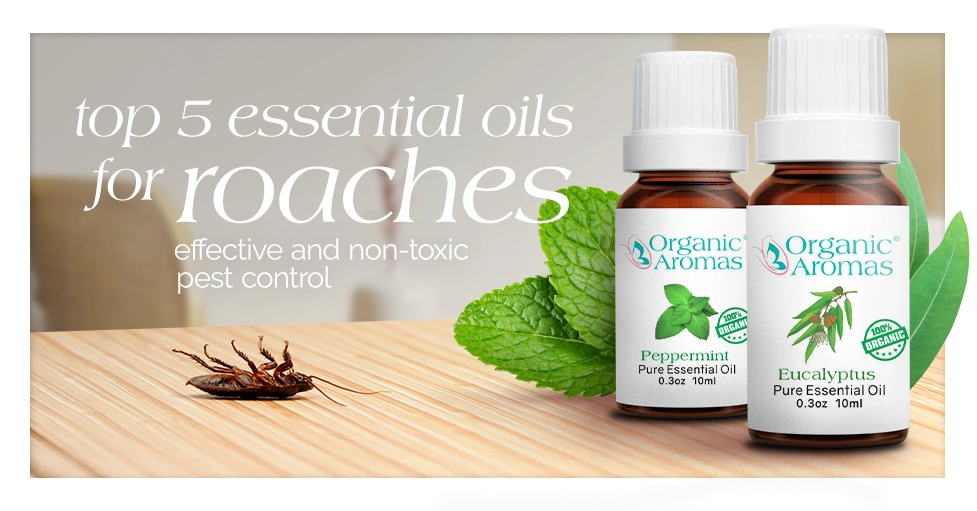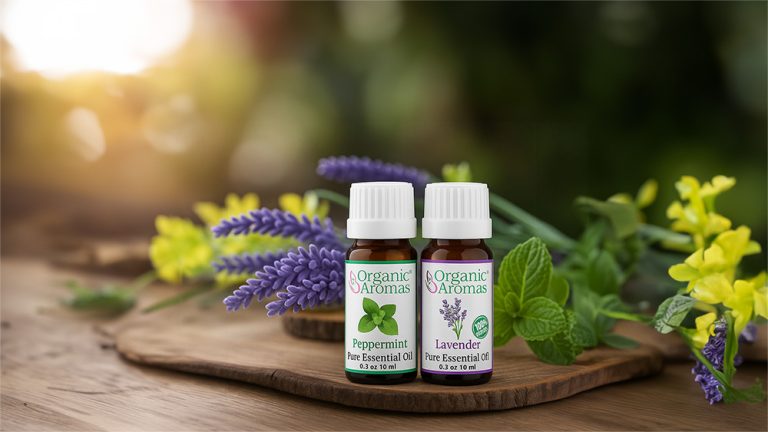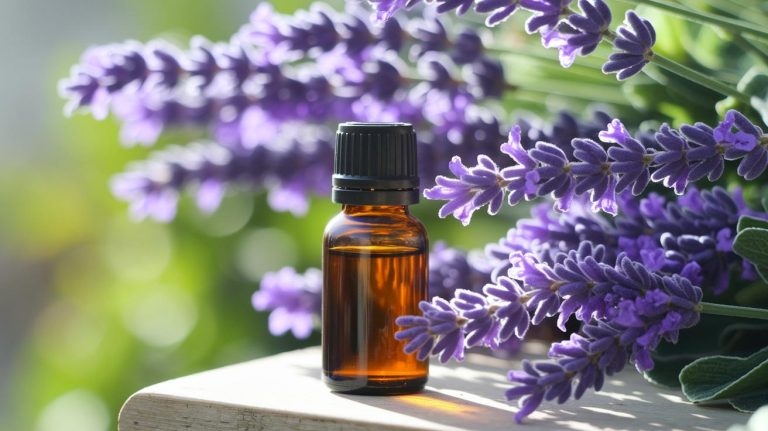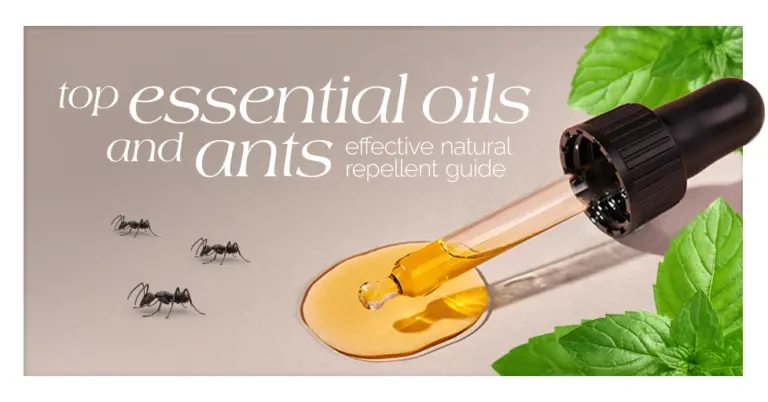Top 5 Essential Oils for Roaches: Effective and Non-Toxic Pest Control
Struggling with roaches in your home? Essential oils for roaches can be a natural and effective alternative to chemical pesticides. In this article, discover the top essential oils that repel roaches and learn how to use them for the best results.
Choosing Essential Oils for the Best Car Diffuser
- Essential oils provide a natural, non-toxic alternative to chemical pesticides, effectively repelling cockroaches while ensuring safety for humans and pets.
- Top essential oils, including peppermint, oregano, and rosemary, are particularly effective at repelling roaches, with some even exhibiting toxic properties upon contact.
- Creating sprays and combining different essential oils can enhance their effectiveness, ensuring a more pleasant and pest-free environment in your home.
Understanding Essential Oils for Pest Control
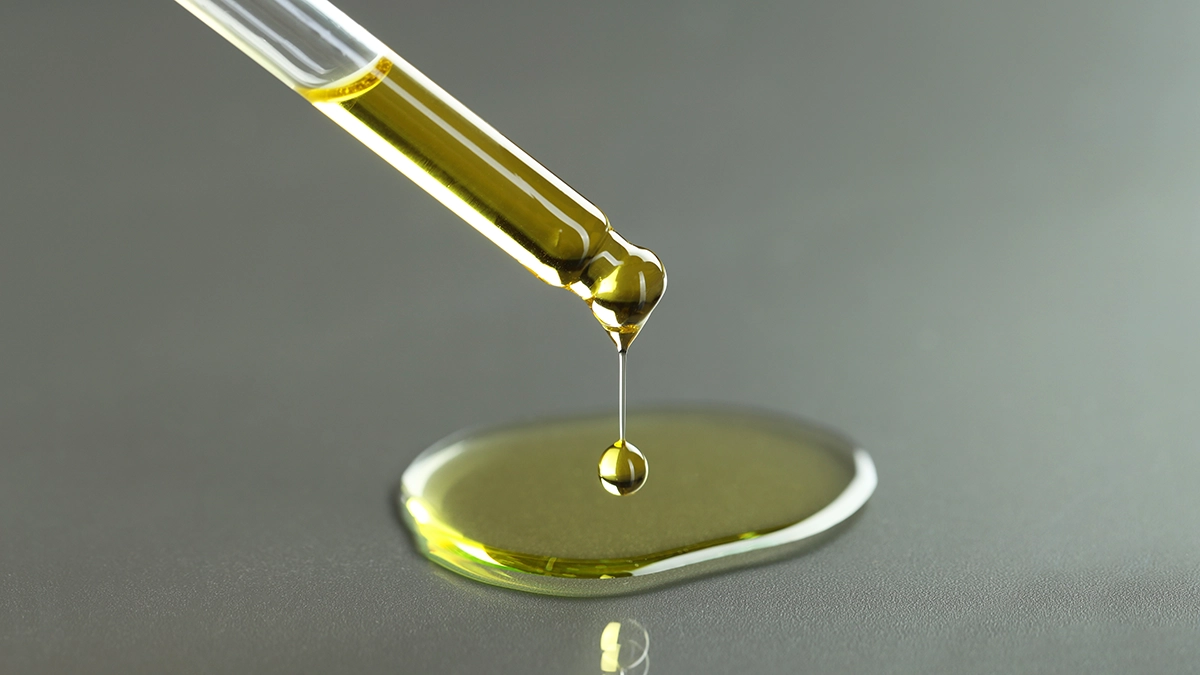
Essential oils, concentrated extracts derived from plants, have been used for centuries for their medicinal and aromatic properties. These powerful natural substances are obtained from various parts of plants, including leaves, stems, and flowers, and are known for their appealing fragrances and therapeutic benefits. But beyond their pleasant scents, essential oils offer an effective, natural alternative to chemical pesticides, providing a safe and non-toxic way to manage pest control.
One of the key advantages of using essential oils for pest control is their ability to repel roaches without the harmful side effects associated with traditional chemical pesticides. Certain aromas act as natural cockroach repellents, deterring these pests from invading your home and potentially keeping it pest-free.
Understanding how essential oils work allows you to leverage their properties to create a safer, more pleasant environment for you and your family.
How Essential Oils Repel Roaches
The secret to the effectiveness of essential oils in repelling roaches lies in their strong aromas, which cockroaches find incredibly unpleasant. Cockroaches use their sense of smell to locate food, and the overpowering scents of essential oils can confuse and deter them. Oregano oil emits a strong, pungent odor that overpowers cockroaches, making it an effective repellent.
Moreover, some essential oils not only repel but also contain toxic properties that can kill roaches upon contact. Rosemary oil, for instance, has shown significant mortality rates in cockroaches when used at certain concentrations. Combining these strong scents and toxic properties, essential oils create a formidable barrier against roaches, making them an effective natural repellent.
Scientific Evidence Supporting Essential Oils as Roach Repellents
The effectiveness of essential oils in repelling roaches is not just anecdotal; it is supported by scientific research. Multiple studies have investigated the repellent properties of various essential oils, confirming their potential as natural pest control agents.
Repellency of Essential Oils:
Research has shown that certain essential oils, such as those derived from Citrus hystrix (commonly known as Kaffir lime) and Cymbopogon citratus (lemongrass), possess significant repellent activity against different cockroach species. For example, a study demonstrated that Citrus hystrix essential oil achieved up to 100% repellency in laboratory settings against Blattella germanica (German cockroach) and Periplaneta americana (American cockroach). This suggests that when dispersed in the environment, particularly through a nebulizing diffuser, these essential oils can effectively repel cockroaches and prevent infestations1.
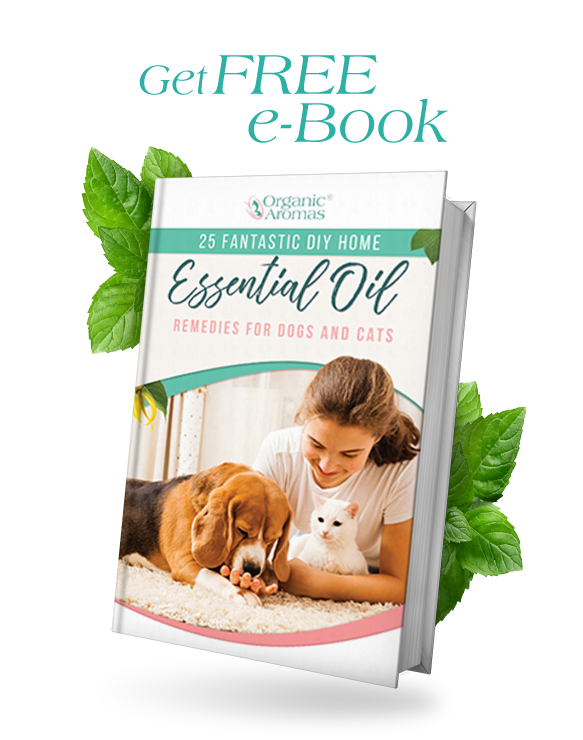
Sign Up to Get Your FREE Pets
e-Book Here…
Effectiveness of Oregano and Rosemary Oils:
Further research has evaluated the repellent properties of other essential oils, including oregano and rosemary. These oils have shown to be highly effective in repelling cockroaches, with oregano oil demonstrating repellency rates between 96.5% and 99.1%. This evidence supports the idea that essential oils dispersed through a nebulizing diffuser can create an environment that is inhospitable to roaches, thus enhancing your pest control strategy2.
Combination of Essential Oils:
The combination of different essential oils can also enhance their repellent effects. A study that mixed eucalyptus and rosemary oils found that this combination provided complete repellency against multiple cockroach species in laboratory tests. This finding highlights the potential of using blended essential oils to maximize the effectiveness of your pest control efforts when using a nebulizing diffuser3.
These studies clearly indicate that essential oils, especially when used in their pure, undiluted form through a nebulizing diffuser, can be a powerful tool in repelling cockroaches. By integrating scientifically-backed essential oils into your pest control routine, you are not only following an eco-friendly approach but also utilizing a method proven to be effective in maintaining a roach-free environment.
Safety and Efficacy
One of the most compelling reasons to use essential oils for cockroach control is their safety. Unlike traditional chemical pesticides, essential oils are generally non-toxic to humans and pets, making them a safer choice for households.
Diluted tea tree oil can effectively repel roaches without the risk of staining or strong odors, showcasing the efficacy of essential oils as part of a holistic approach to pest control.
Top Essential Oils to Repel Cockroaches

With an understanding of how essential oils work and their benefits, let’s explore the top essential oils that are particularly effective in repelling cockroaches. These oils not only help keep roaches at bay but also add a pleasant aroma to your home, making them a double win in the fight against pests.
The refreshing scent of peppermint oil and the potent aroma of oregano essential oil each offer unique benefits and methods of application. Explore these top contenders and how they can help you achieve a roach-free environment.
Peppermint Oil
Peppermint oil is renowned for its strong menthol scent, which cockroaches find particularly unappealing. This strong aroma compels roaches to steer clear of treated areas, making peppermint oil an effective natural repellent. Research indicates that peppermint oil has a repellency percentage of 59.1–68.8% against brown-banded cockroaches, showcasing its effectiveness.
Mix a few drops of peppermint oil with water in a spray bottle and apply to areas where roaches are frequently found. Handle with care and consider wearing gloves as peppermint oil can irritate the skin.
Oregano Essential Oil
Oregano essential oil is another powerful option for repelling cockroaches, particularly effective against brown-banded cockroaches. Its long-lasting repellent effect can keep roaches at bay for up to a week, providing a durable solution for your pest control needs. Oregano oil’s effectiveness increases with higher concentrations, with 15% to 30% concentrations causing 100% mortality in cockroach nymphs.
Use oregano oil in higher concentrations and apply it to cockroach-infested areas to maximize its effectiveness. This strategy ensures that the strong scent and toxic properties of the oil create a hostile environment for roaches, deterring them from lingering in your home.
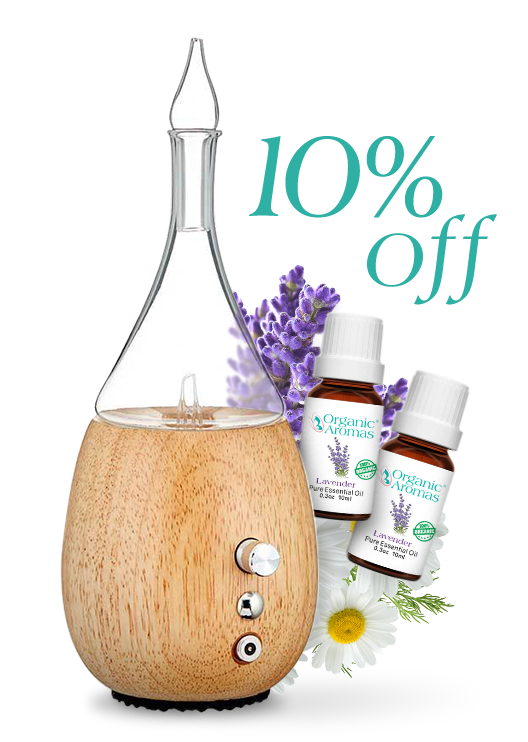
Join Now and Get a Coupon for 10% Off!
Rosemary Essential Oil
Rosemary essential oil has shown significant mortality rates in cockroaches when used at specific concentrations. Adding a few drops of rosemary oil to water can create an effective cleaning solution that not only cleans surfaces but also repels roaches.
This dual-purpose use makes rosemary oil a valuable addition to your natural pest control arsenal.
Eucalyptus Oil
Eucalyptus oil is well-known for its strong, woody aroma that repels pests, including cockroaches. Its toxic properties further enhance its effectiveness as a repellent, making it a potent addition to your pest control routine. However, it’s important to note that eucalyptus oil may have a lower repellency effect compared to other essential oils.
To use eucalyptus oil, mix it with water to create a spray solution or dip cotton balls in the oil and place them in infested areas. This method ensures that the strong scent of eucalyptus oil permeates the area, deterring roaches from entering or staying in treated spaces.
Lavender Essential Oil
Lavender essential oil, known for its calming scent, also serves as a moderate repellent for cockroaches. While it may not be as potent as other oils, combining lavender oil with other essential oils can enhance its repellent properties, making it a more effective solution.
To use lavender oil, mix 10-15 drops with one cup of water in a spray bottle and apply it to areas where roaches are commonly found. This not only helps repel roaches but also adds a pleasant aroma to your home, creating a more inviting atmosphere while keeping pests at bay.
Additional Natural Cockroach Repellents
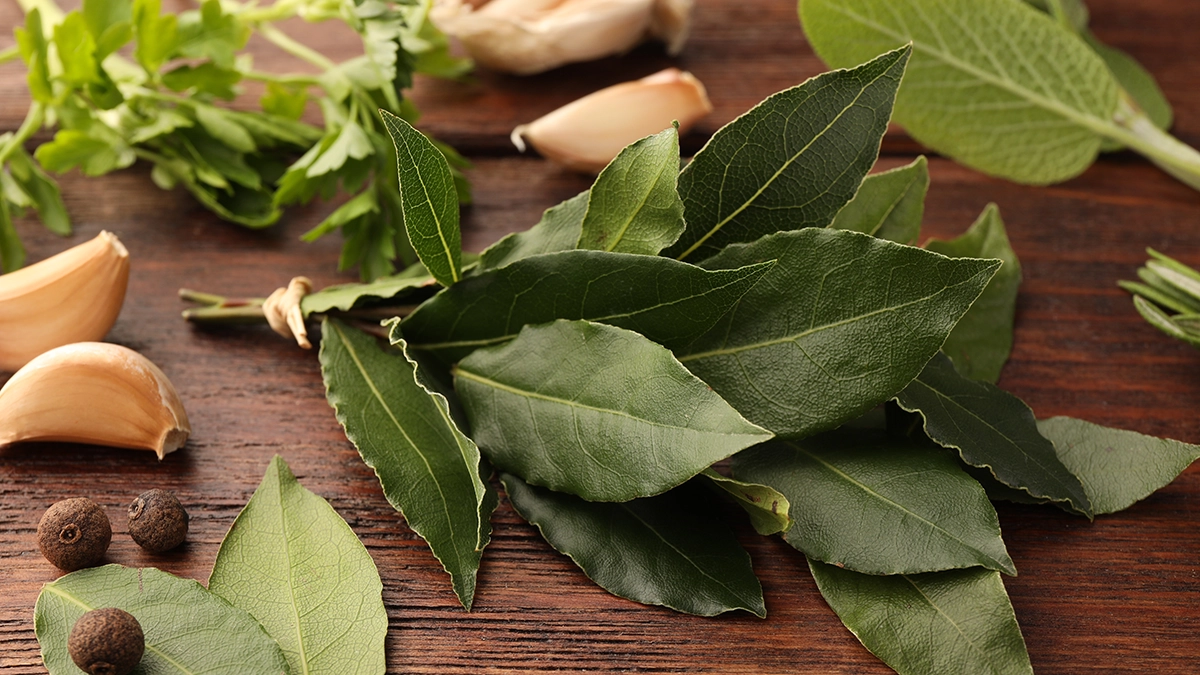
In addition to essential oils, there are other natural cockroach repellents that can complement your pest control efforts. These natural substances can provide effective repellent properties against cockroaches, further enhancing your ability to keep your home pest-free.
Plants like chrysanthemums, mint, and catnip produce natural compounds that can deter cockroaches. Additionally, Osage orange fruit has been found to act as a natural repellent, lasting a few weeks as a deterrent against cockroaches.
Bay Leaves
Bay leaves repel roaches with their strong aroma, making them a useful natural deterrent. To maximize their effectiveness, place bay leaves in key locations where roaches are likely to congregate, such as kitchen cabinets and under sinks.
It’s important to replace bay leaves periodically to maintain their strength, as their fragrance may diminish over time.
Diatomaceous Earth
Diatomaceous earth is a natural powder made from the fossilized remains of tiny aquatic organisms called diatoms. It works by dehydrating insects, including roaches, as the dust adheres to their bodies and absorbs moisture, effectively killing them.
When used correctly, diatomaceous earth is safe for humans and pets, making it a non-toxic pest control option. To effectively use diatomaceous earth, apply it in areas where roaches frequent, creating a barrier they must cross. This method helps eliminate roaches while ensuring the safety of your household.
How to Use Essential Oils for Roach Control
Applying essential oils strategically can significantly enhance their effectiveness in repelling roaches. Targeting crevices, corners, and under appliances can help deter roaches from entering or staying in these areas.
Whether you choose to create sprays, use cotton balls, or combine different oils, there are various methods to incorporate essential oils into your pest control routine.
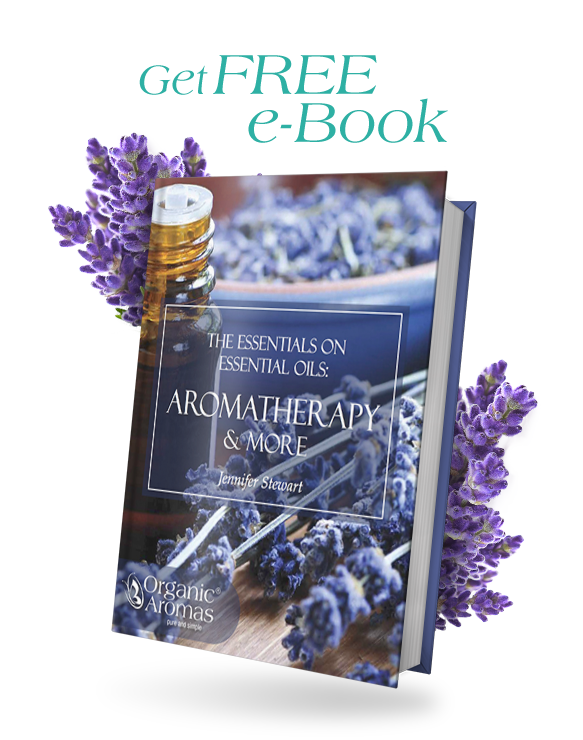
Sign Up to Get Your FREE
e-Book Here…
Creating Essential Oil Sprays
To create an effective spray for repelling roaches, mix 10-15 drops of essential oil with one cup of water in a spray bottle. This solution can be applied to infested areas, entry points, and hiding spots, ensuring that the strong scent of the oils deters roaches from these locations.
Using Cotton Balls and Diffusers
Another practical method is soaking cotton balls in a mixture of water and essential oils. Place these cotton balls in problem areas to repel roaches effectively.
Using diffusers can also disperse the aroma of essential oils throughout your home, creating an inhospitable environment for roaches.
The Power of Nebulizing Diffusers in Roach Control
While applying essential oils directly in specific areas of your home can be effective, enhancing their impact by using a nebulizing diffuser takes your pest control strategy to the next level. A nebulizing diffuser disperses essential oils into the air in their purest form, without water or heat, creating a potent and consistent aroma that permeates the entire room.
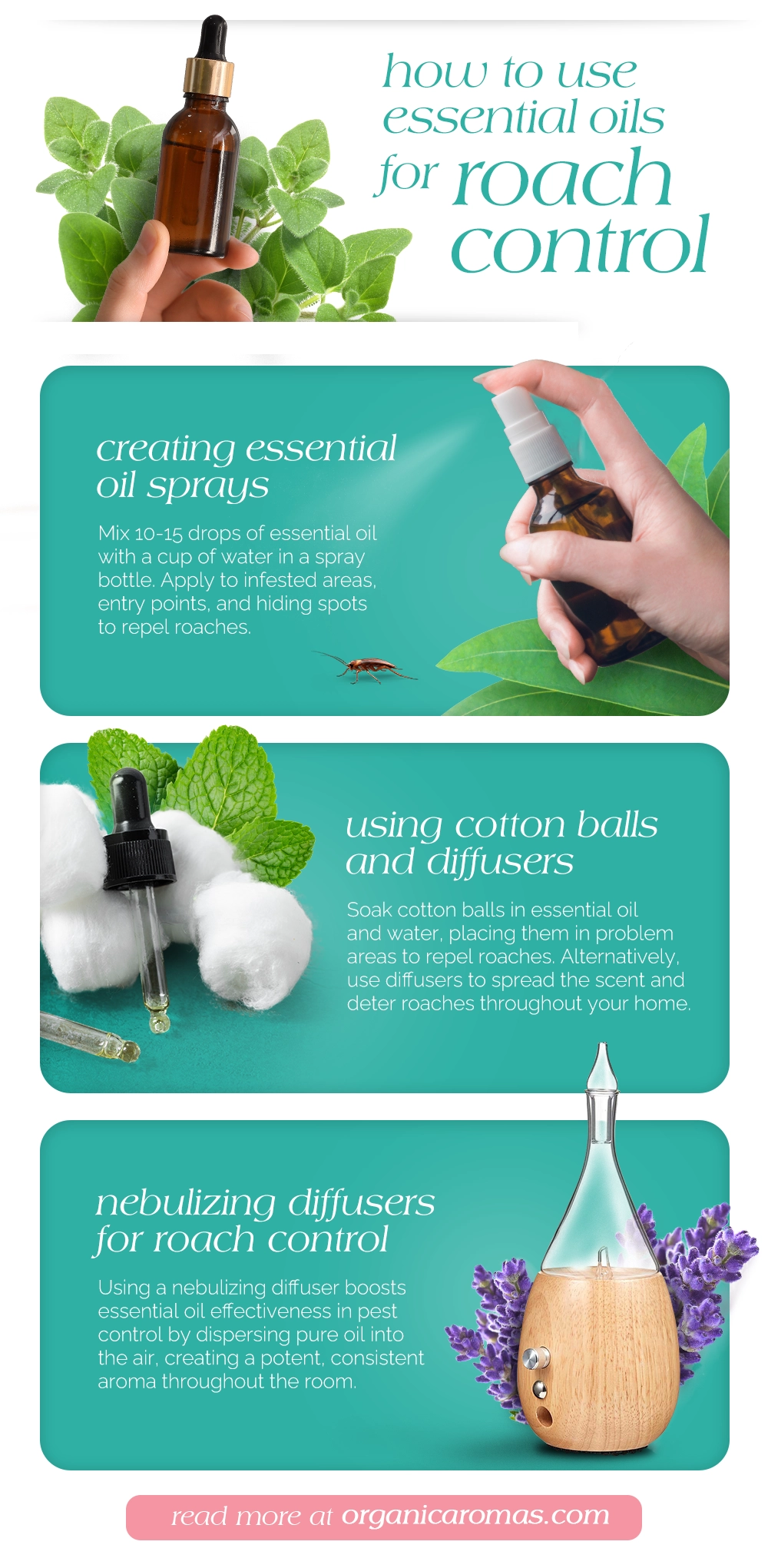
Why a Nebulizing Diffuser is Effective Against Roaches
Roaches rely heavily on their sense of smell to locate food and navigate their environment. The powerful, concentrated mist produced by a nebulizing diffuser creates an environment filled with the strong, natural aromas of essential oils, making it difficult for roaches to function normally. The continuous release of these aromas not only repels roaches but also creates an inhospitable environment that deters them from entering your home in the first place.
Benefits of Using a Nebulizing Diffuser:
- Maximum Coverage: Unlike sprays or cotton balls, which target specific areas, a nebulizing diffuser ensures that the entire room is protected. This is especially beneficial in large or open-plan spaces where roaches might otherwise find a hiding spot.
- Constant Protection: A nebulizing diffuser can operate continuously, providing ongoing protection throughout the day and night. This is crucial because roaches are nocturnal and may be more active when you’re not around to apply other forms of deterrent.
- Pure Essential Oil Dispersion: By not using water or heat, nebulizing diffusers maintain the integrity and potency of the essential oils, ensuring that their repellent properties are fully effective. This pure, undiluted mist is more likely to disrupt the behavior of roaches, keeping them away from your home.
- Improved Air Quality: While you’re keeping pests at bay, you’re also improving the air quality in your home. Essential oils like peppermint, eucalyptus, and lavender not only repel roaches but also offer additional benefits such as stress relief and improved respiratory health.
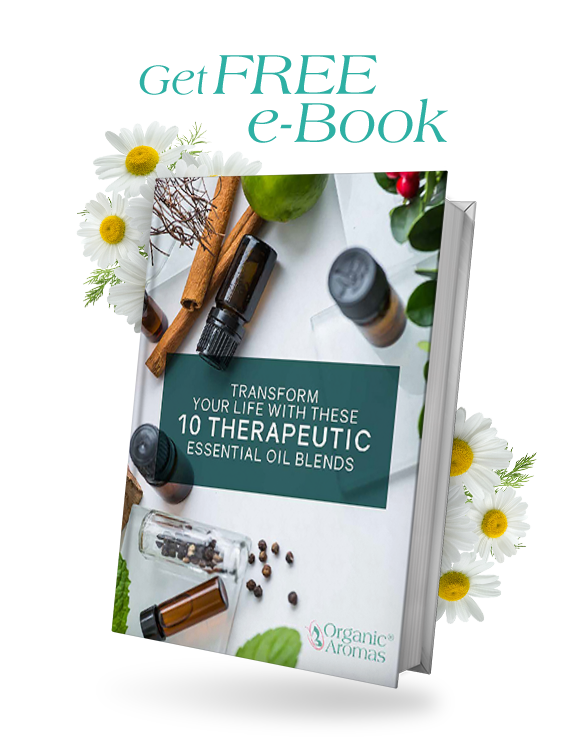
Sign Up to Get Your FREE Essential Oils e-Book Here
How to Use a Nebulizing Diffuser for Roach Control
To maximize the effectiveness of your nebulizing diffuser, place it in areas of the home where roaches are most likely to enter or hide, such as the kitchen, bathroom, or basement. Consider using essential oils that are particularly effective against roaches, such as peppermint, oregano, or eucalyptus. Run the diffuser for several hours during the day and night, especially during peak roach activity times, which are typically in the evening and at night.
By integrating a nebulizing diffuser into your pest control strategy, you create a powerful, all-encompassing defense that makes your home less attractive and accessible to roaches. Not only will your space smell fresh and inviting, but it will also remain free from these unwelcome pests.
Combining Essential Oils
Mixing various essential oils can enhance their ability to repel cockroaches more effectively than using a single oil. Combining oils like peppermint, eucalyptus, and lavender can create a synergistic effect, improving overall repellency against cockroaches. This combination not only increases effectiveness but also leaves a more pleasant scent in your home.
Mix lavender oil with other essential oils to boost its repellent properties for better results. This approach ensures a more comprehensive and effective pest control strategy, making your home less inviting to roaches.
Pros and Cons of Using Essential Oils for Roach Control
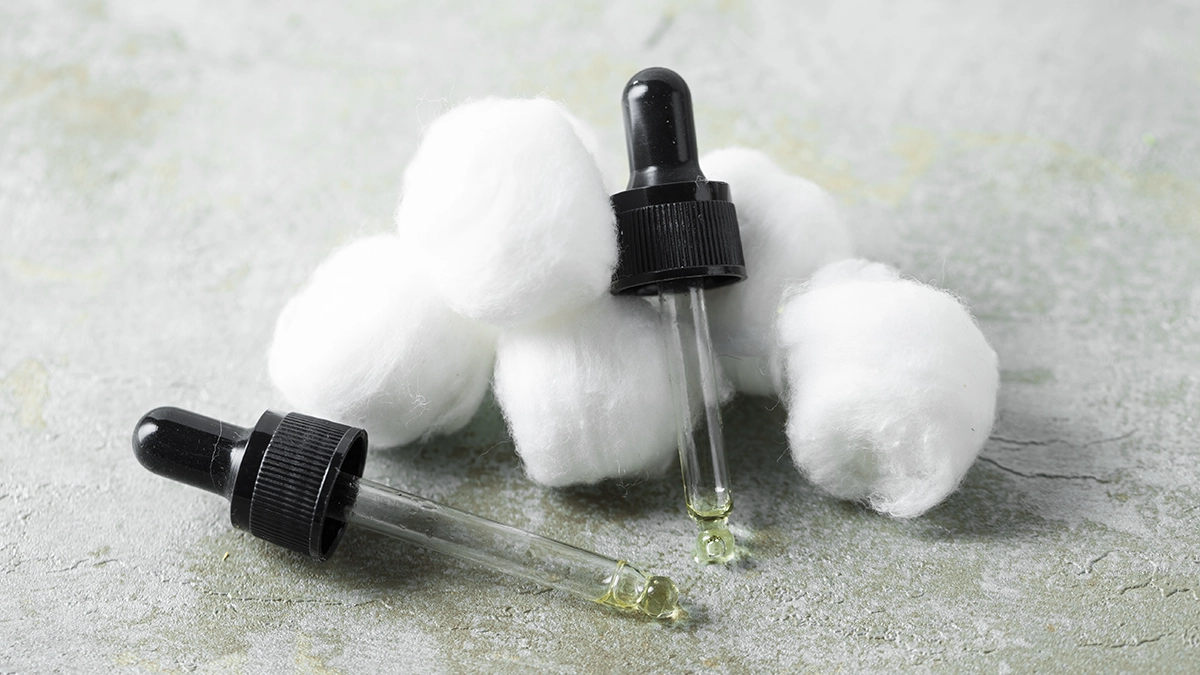
While essential oils offer a natural and safer alternative to chemical pesticides, citronella oil is important to weigh their pros and cons.
Weighing these aspects can help you make an informed decision about using essential oils for cockroach control.
Pros: Non-Toxic and Pleasant Aroma
One of the major advantages of using essential oils is their non-toxic nature, making them a safe choice for households with humans and pets. Essential oils like eucalyptus oil contain active compounds that can be toxic to cockroaches upon direct contact, yet are harmless to your family.
Additionally, the pleasant aroma of essential oils can help maintain a roach-free environment while adding a refreshing scent to your home.
Cons: Need for Regular Reapplication
However, essential oils require frequent reapplication to maintain their effectiveness against roaches. Regular reapplication is necessary as essential oils lose effectiveness over time, which can be a drawback for those looking for a low-maintenance solution.
Moreover, in severe infestations, essential oils may not be sufficient to address significant roach problems, highlighting the need for a comprehensive pest control strategy.
Mastering Natural Roach Control: The Ultimate Essential Oils for Roaches
In summary, essential oils offer a natural, non-toxic, and effective solution for repelling cockroaches. Oils like peppermint, oregano, rosemary, eucalyptus, and lavender provide unique benefits that can help keep your home roach-free while adding pleasant aromas. Combining these oils and using them strategically can enhance their effectiveness, providing a holistic approach to pest control.
By understanding the pros and cons of using essential oils, you can make informed decisions about incorporating them into your pest control routine. Embrace the power of nature and enjoy a roach-free home with the help of these aromatic wonders.

Join Our Exclusive Member Club to get Big Discounts!
Frequently Asked Questions
How do essential oils repel roaches?
Essential oils effectively repel roaches with their strong, unpleasant aromas that confuse and deter these pests. Embrace the power of nature to keep your space roach-free!
Are essential oils safe to use around pets and children?
Essential oils can be safe around pets and children if used properly, but remember to dilute them and handle them with care. By taking these precautions, you can enjoy the benefits of essential oils while keeping your loved ones safe!
How often should I reapply essential oils for roach control?
For effective roach control, reapply essential oils every few days or as needed, especially after cleaning. Stay proactive to keep those pests at bay!
Can I combine different essential oils for better results?
Absolutely! Combining essential oils like peppermint, eucalyptus, and lavender can enhance their effectiveness, giving you a powerful natural solution. Embrace this blend for even better results!
What are some additional natural cockroach repellents that can be used with essential oils?
You can enhance your cockroach-repelling strategy by incorporating bay leaves and diatomaceous earth alongside essential oils. These natural options not only boost your defenses but also contribute to a healthier home environment!
- Thavara, U., Tawatsin, A., Bhakdeenuan, P., Wongsinkongman, P., Boonruad, T., Bansiddhi, J., Chavalittumrong, P., Komalamisra, N., Siriyasatien, P., & Mulla, M., 2007. Repellent activity of essential oils against cockroaches (Dictyoptera: Blattidae, Blattellidae, and Blaberidae) in Thailand.. The Southeast Asian journal of tropical medicine and public health, 38 4, pp. 663-73 .
- Sharififard, M., Safdari, F., Siahpoush, A., & Kassiri, H., 2016. Evaluation of Some Plant Essential Oils against the Brown-Banded Cockroach, Supella longipalpa (Blattaria: Ectobiidae): A Mechanical Vector of Human Pathogens. Journal of Arthropod-Borne Diseases, 10, pp. 528 – 537.
- Zibaee, I., Khorram, P., & Hamoni, M., 2016. Evaluation of repellent activity of two essential oils and their mixed formulation against cockroaches (Dictyoptera: Blattidae, Blattellidae) in Iran. Journal of entomology and zoology studies, 4, pp. 106-113.

